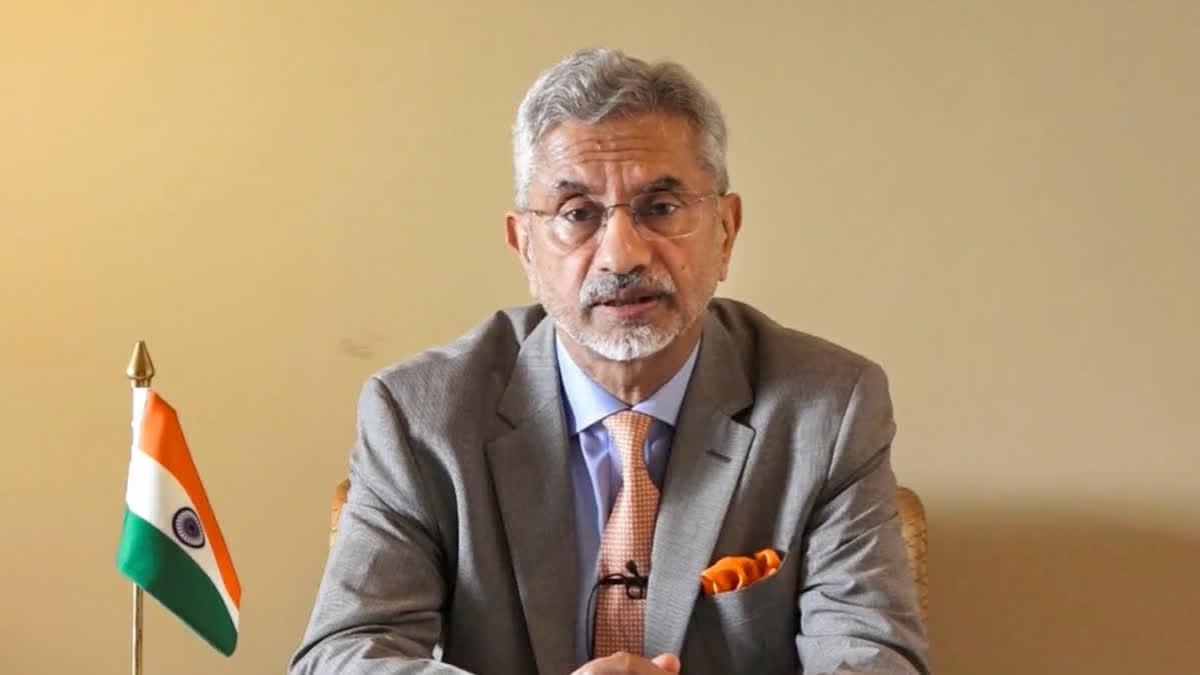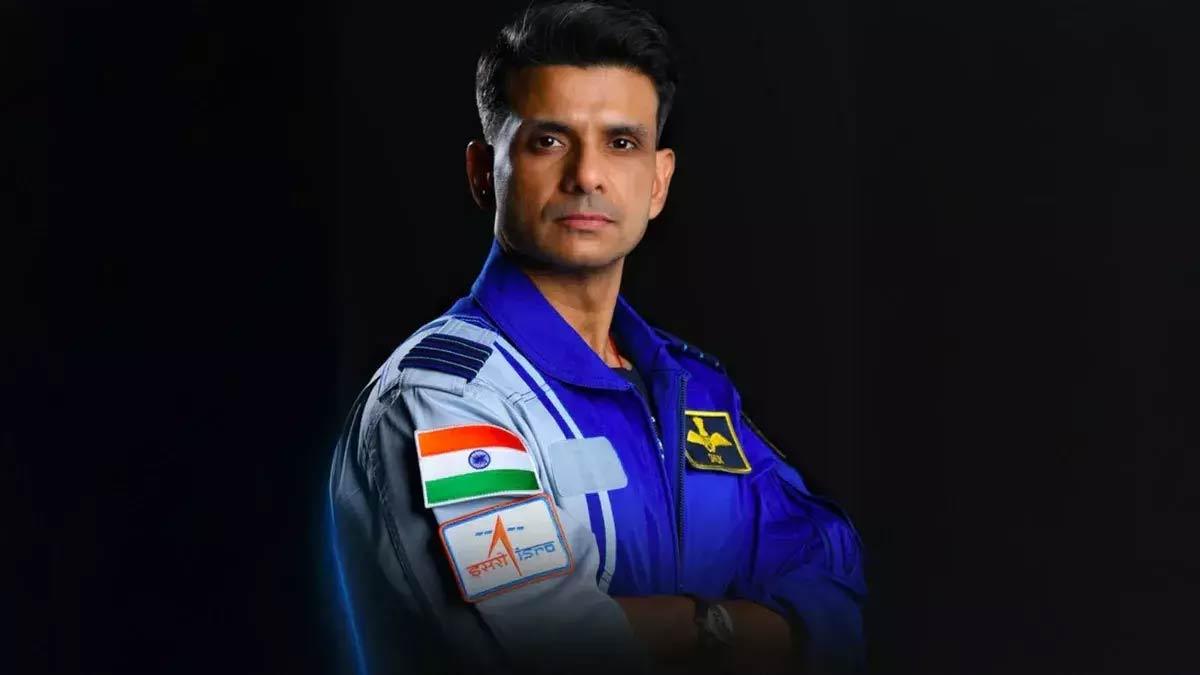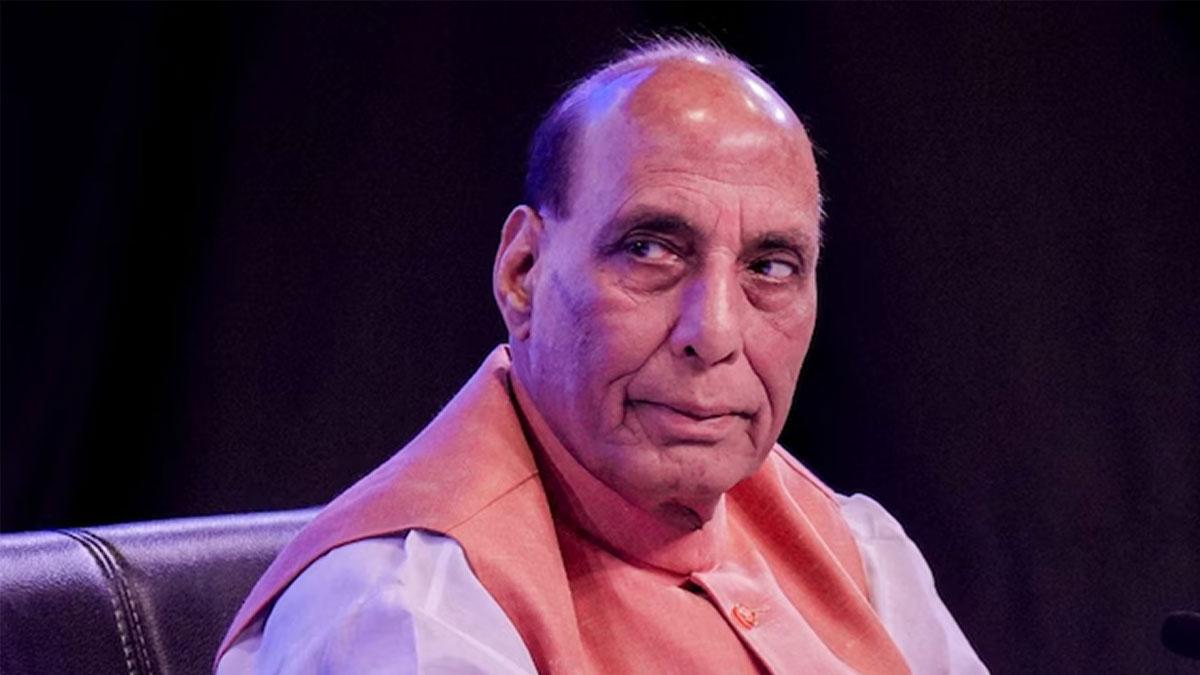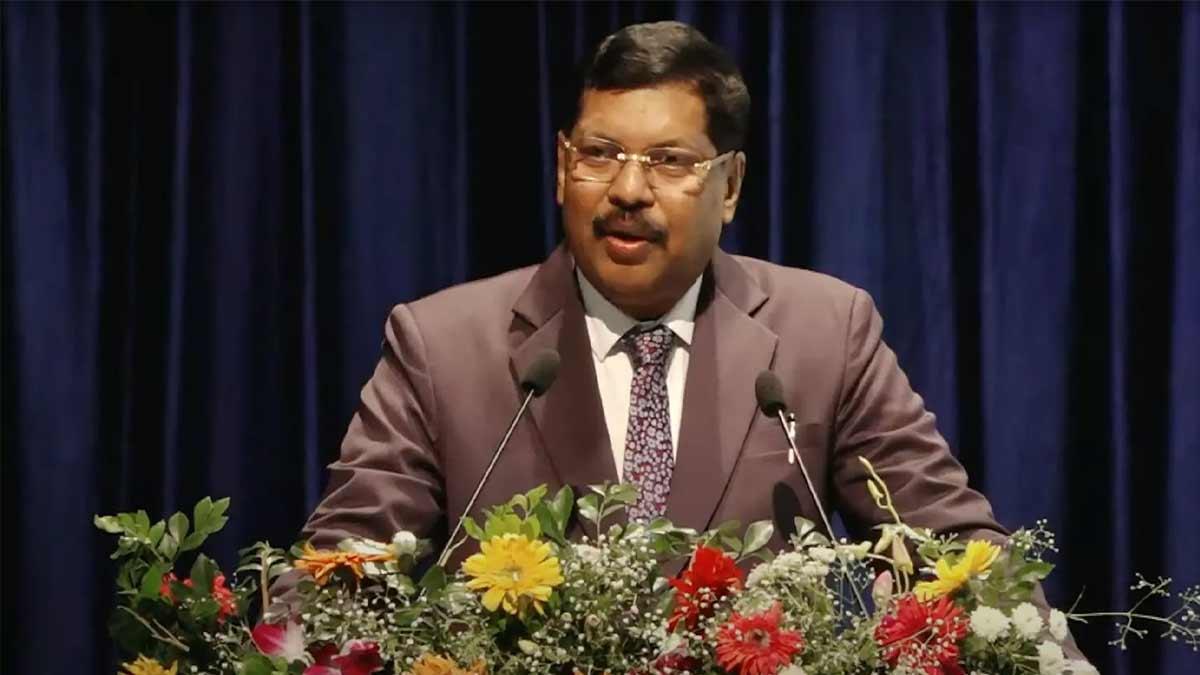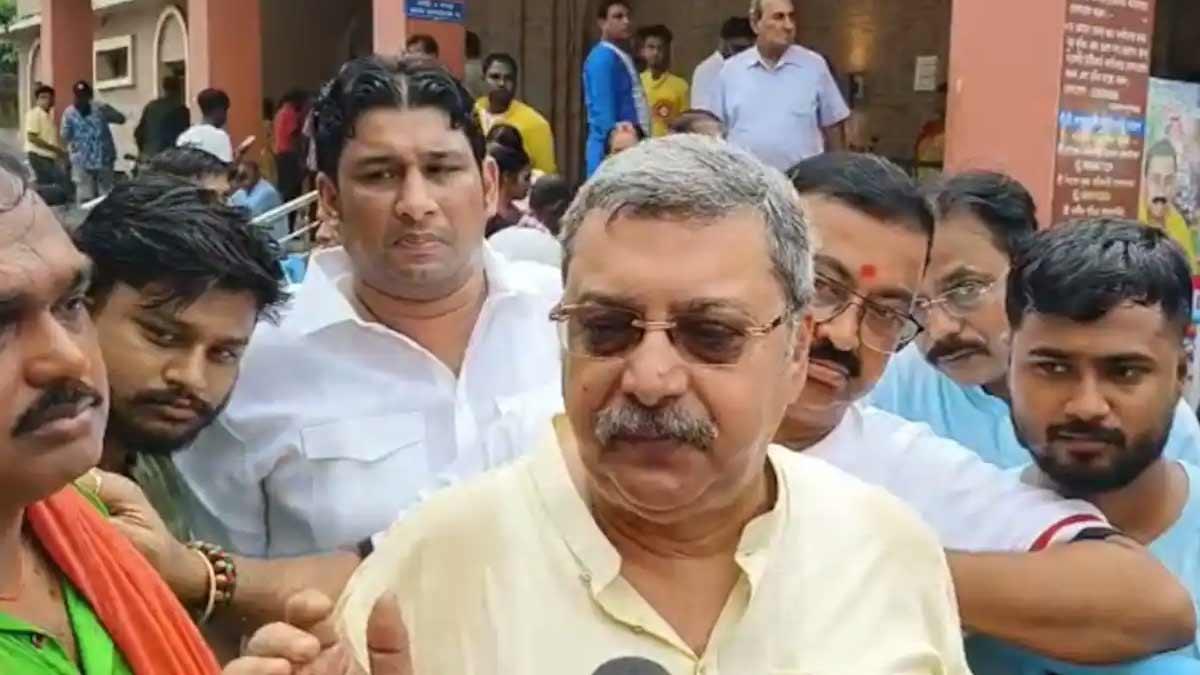India and China are trying to repair relations strained by the 2020 Galwan Valley clashes because it is not in the interest of either side to have a tense relationship, External Affairs Minister S. Jaishankar stated on Wednesday.
Addressing an interactive session organized by the Asia Society, Jaishankar underlined that differences between India and China could continue in the foreseeable future but should not become disputes.
Looking back at the 2020 skirmishes, he characterized the incident as "deeply traumatic" for the bilateral relationship. "It wasn't about the bloodshed—it was the utter contempt for written contracts. The depth to which the terms of the agreement were violated was both pointed and extensive," he added during the session facilitated by Kyung-wha Kang, President and CEO of the Asia Society and former South Korean foreign minister.
Jaishankar acknowledged that some issues from the 2020 standoff are still being addressed but noted a gradual improvement in relations since October last year. "We are working on multiple aspects of this. I have had several meetings with my Chinese counterpart, as have other senior officials," he said.
Step by step, he added, both countries are looking for means to mend the damage inflicted by the 2020 events. "We genuinely believe that rebuilding this relationship is in our common interest," he said.
In October, India and China agreed on disengagement over the last two points of friction in eastern Ladakh—Depsang and Demchok. Shortly thereafter, Prime Minister Narendra Modi met Chinese President Xi Jinping in Kazan, where they talked about steps to enhance ties.
Jaishankar reaffirmed that there is competition between the two countries, but this should not become a cause of conflict. "We are realistic. There are ways to manage our differences," he said.
Emphasizing the larger consequences of strained relations, he underlined that a belligerent relationship is good for neither side. "Deploying a big force in hostile surroundings only amounts to collateral damage in our broader relationship," he noted. "If peace and tranquillity along the borders are disrupted, then the remainder of our transactions cannot go smooth."
Read also| "If Hindus Are Safe, Muslims Are Safe", Says Yogi Adityanath On Minorities In UP
Read also| SC Overrules Allahabad HC’s “Insensitive, Inhuman” Verdict on Attempt to Rape Case

